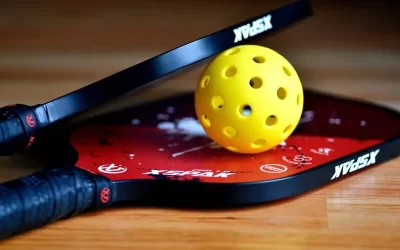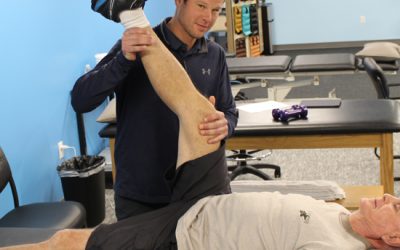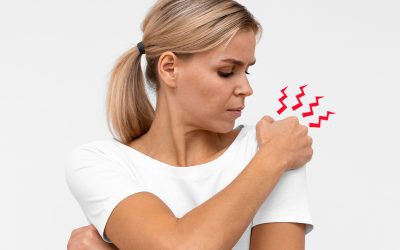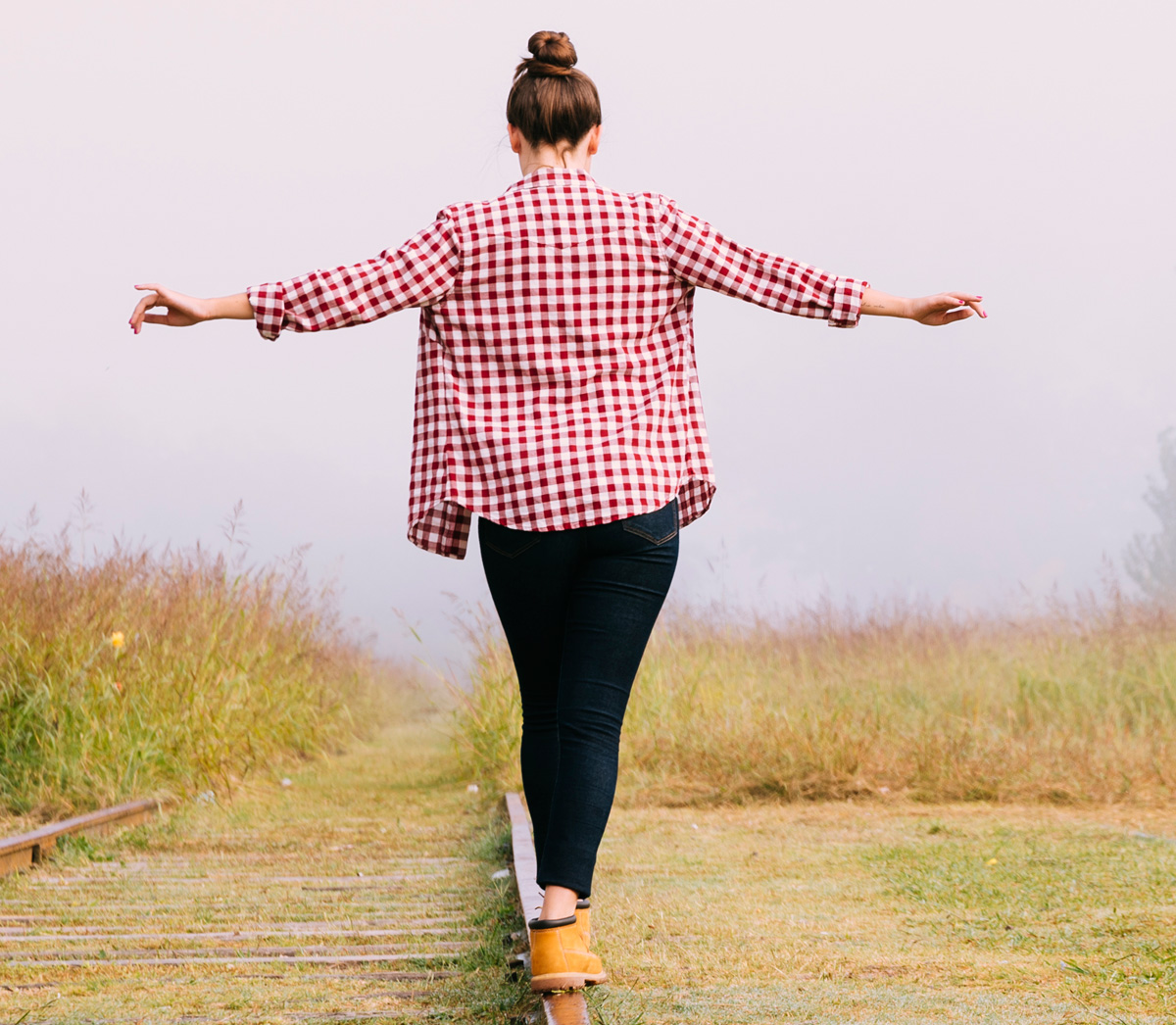 By ALLISON GARVIN, DPT
By ALLISON GARVIN, DPT
At some point we start to notice things are not quite as easy as they used to be. Reactions feel slower, standing on one foot feels like an acrobatic trick, and changing positions requires a moment to regain our orientation. There are multiple reasons for these changes, and we have the opportunity to get ahead of them right now! Our body’s balance is determined by three systems, the vestibular system, the visual system, and somatosensory system. Throughout our lives our body relies on different systems to create stability. Here’s why.
From infancy to approximately 3-6 years of age, we depend highly on vision, as this system develops and matures first.1 Our eyes have the goal of staying in line with the horizon, and if our vision doesn’t show us this, we know something is “not right” and our body will physically try to correct to reorient the image.
Children learn and gain stability and strength in their environment by exploring, sometimes falling, and making mistakes. What may seem clumsy in young age between the ages of 4 and 7 is actually a developing proprioception system. 2 Proprioception is the feeling in your joints. They tell us if we are in alignment, if there is abnormal pressure, or if we are in need of stepping to regain our balance. By 7 years old this proprioceptive system is most dominantly relied upon.2 However, at this young age, if we are to challenge ourselves with uneven surfaces or a narrow base of support, vision is again depended upon.
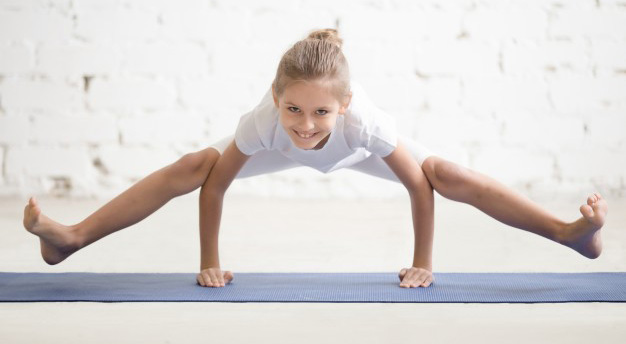 The last component of our balance system, the vestibular system, matures between the ages of 15 and 16.3,4 Our vestibular system is made up of a series of small bones and organs in our inner ear that tells via the movement of fluid in the inner ear where we are in space with relation to gravity. The vestibular system is very important, as when we experience a conflict in information (such as when your car is not moving, but the car next to you starts pulling forward or backwards), this is the system that corrects our experience and tells us what movement is truly happening.
The last component of our balance system, the vestibular system, matures between the ages of 15 and 16.3,4 Our vestibular system is made up of a series of small bones and organs in our inner ear that tells via the movement of fluid in the inner ear where we are in space with relation to gravity. The vestibular system is very important, as when we experience a conflict in information (such as when your car is not moving, but the car next to you starts pulling forward or backwards), this is the system that corrects our experience and tells us what movement is truly happening.
As we age, neurons in our brains used to communicate information about our body’s special position lose dendrites (communicating branches), myelin sheaths (nerve coating that increases signal speed) degrade, cilia in the ear become damaged, and different pathologies including diabetes, neuropathies, unilateral vestibular hypo function, etc. can exponentially negatively impact all 3 systems.
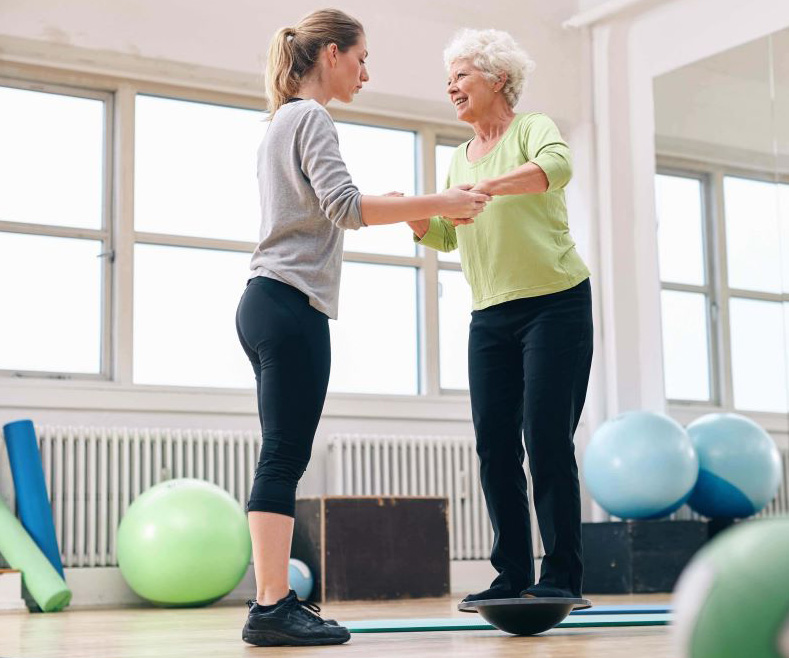
The good news is, we are not helpless in this scenario! Numerous studieshave demonstrated the benefits of staying physically active as we age to improve our central nervous system (brain and nerves) as well as our muscle spindle function. In fact, a study by Duke- NUS Medical demonstrated that a tailored physical therapy routine for balance and gait challenges reduced patients’ risk of falls by 50%.6 What we can learn from this is that YOU have control over your balance and safety, and physical therapy has been scientifically proven to help you achieve reduced fall risk and improved mobility.
If you are concerned about your balance, Rye Physical Therapy is here to help. Call for an evaluation. We can get you scheduled ASAP!
- REFERENCES
- 1 Lear S. Pediatric Balance Assessment. BA Audiology.org. https://www.baaudiology.org/files/2114/5796/1722/1430_Samantha_Lear.pdf. Accessed January 4, 2020.
2 Sá CDSCde, Boffino CC, Ramos RT, Tanaka C. Development of postural control and maturation of sensory systems in children of different ages a cross-sectional study. Brazilian journal of physical therapy. https://www.ncbi.nlm.nih.gov/pmc/articles/PMC5816079/. Published 2018. Accessed February 10, 2020.
3 Cherng RJ, Chen JJ, Su FC. Vestibular System in Performance of Standing Balance of Children and Young Adults under Altered Sensory Conditions – R. J. Cherng, J.J. Chen, F. C. Su, 2001. SAGE Journals. https://journals.sagepub.com/doi/10.2466/pms.2001.92.3c.1167. Accessed February 10, 2020
4 Ralli G. Maturation and evolution of the vestibular system. GiovanniRalli. https://giovanniralli.it/allegati/108/aging .compressed.pdf.
5 Ribeiro F, Oliveira J. Aging effects on joint proprioception: the role of physical activity in proprioception preservation. European Review of Aging and Physical Activity. 2007;4(2):71-76. doi:10.1007/s11556-007-0026-x.
6 Keeping the Elderly Safe. Science Daily. March 2017. https://www.sciencedaily.com/releases/2017/03/170316093025.htm.
